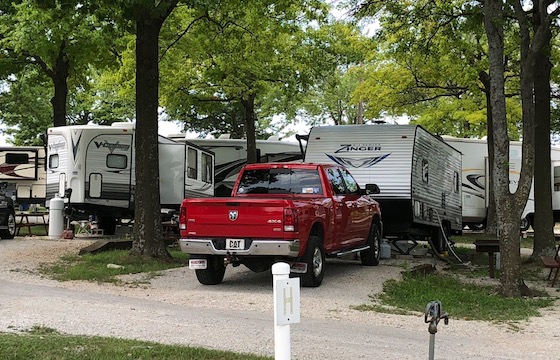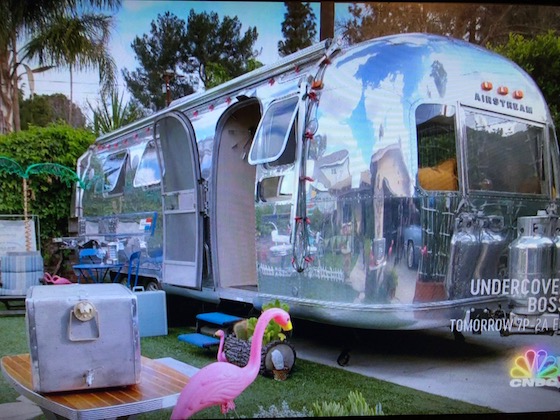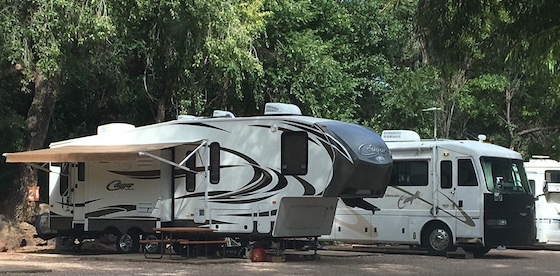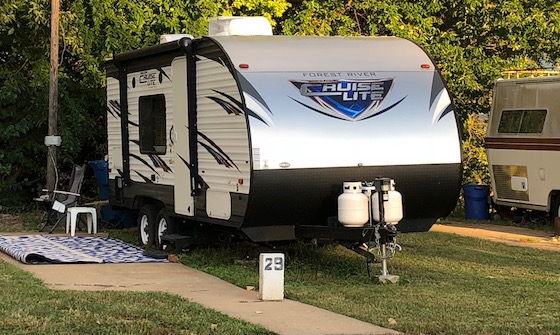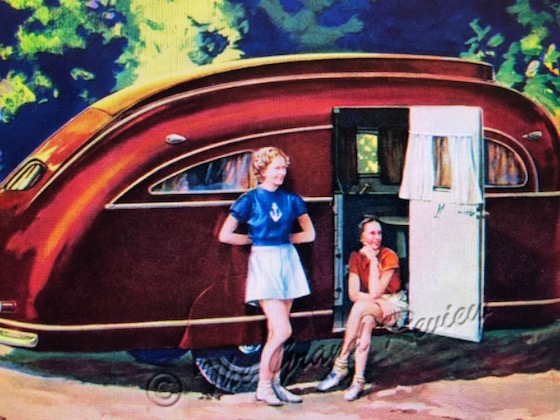When most Americans think about investing, what comes to mind are stocks and bonds. These are what investing is all about, right? Well not anymore. “Alternative investments” are gaining popularity because they bring attributes to the table that stocks and bonds fail to deliver on. So why would an investor prefer an RV park to shares of stock in a company?
Higher dividends
American stocks pay very low dividends – or no dividends at all. The average stock pays a 2.2% dividend – which is about equivalent to a CD yield. Compare that to the average RV park dividends (known as the cash-on-cash return) which are roughly 10% to 20%. It would take you five to ten years of owning a stock to equal one year of dividends yield with an RV park. That alone should rank RV parks as superior to stocks.
Ability to grow these distributions
But there’s more. While stock dividends rarely go up, most RV parks have continually escalating rates of return, thanks to growing occupancy and higher rents. When you buy a stock with a 2% dividend, there’s no way it’s going to double a few years later. Since 1871, it’s basically been a tight range of 2% to 3%. So there’s very little potential upside. However, RV park revenues and yields have typically grown at fast rates, with cash-on-cash returns sometimes doubling over a short period of time.
Capital appreciation
And there’s more to the overall financial results than simply the dividends. There’s the gain on sale between what you bought the RV park for and what you sold it for. This gain has to be distributed over the life of the investment to derive the actual total return, which is a very significant addition. And this capital gain is also taxed at a far lower rate by the IRS, so you get to keep more of it in your pocket.
Security
One huge attraction of owning an RV park over owning shares of stock is the security of your investment. An RV park represents a hard asset, while stock is nothing but paper – it has no intrinsic value. In the event of high rates of inflation (which has happened many times in American history) the RV park will go up in value as the rents will inflate in-line with inflation, while stocks go do not fare as well. And in a Great Recession where stock prices plummet, real estate remains stable. If you look up types of investment and their impact by various outside forces, you will see that real estate fares better in all economic calamities than virtually any other option.
Control over your future
When you own a stock, you are basically a passive investor who is just riding in the car hoping that things go well. But when you own an RV park, you are in complete control of your destiny. If you find the right property, buy it well, and run it efficiently, you will succeed. But you can take the same steps with a stock and the management team can make a bad decision and your investment is wiped out. This lack of control is very disturbing.
Ability for sensible leverage
RV parks are very popular with banks. But there is no potential debt product you can use to buy stocks. So, assuming 80% Loan-to-Value, you can basically buy five times more RV park than you can buy in stock. $100,000 cash buys $500,000 of RV park or $100,000 of stocks. This ability to borrow gives you the chance to multiply your capital many times over compared to stocks. It also is what give you the chance to hit 10% to 20%+ in cash-on-cash yields, which are spiked as a result of leverage.
Conclusion
There’s no question that an RV park is superior to traditional stocks as an investment tool. From yields to control to security, RV parks are the better choice for your investment dollars.

